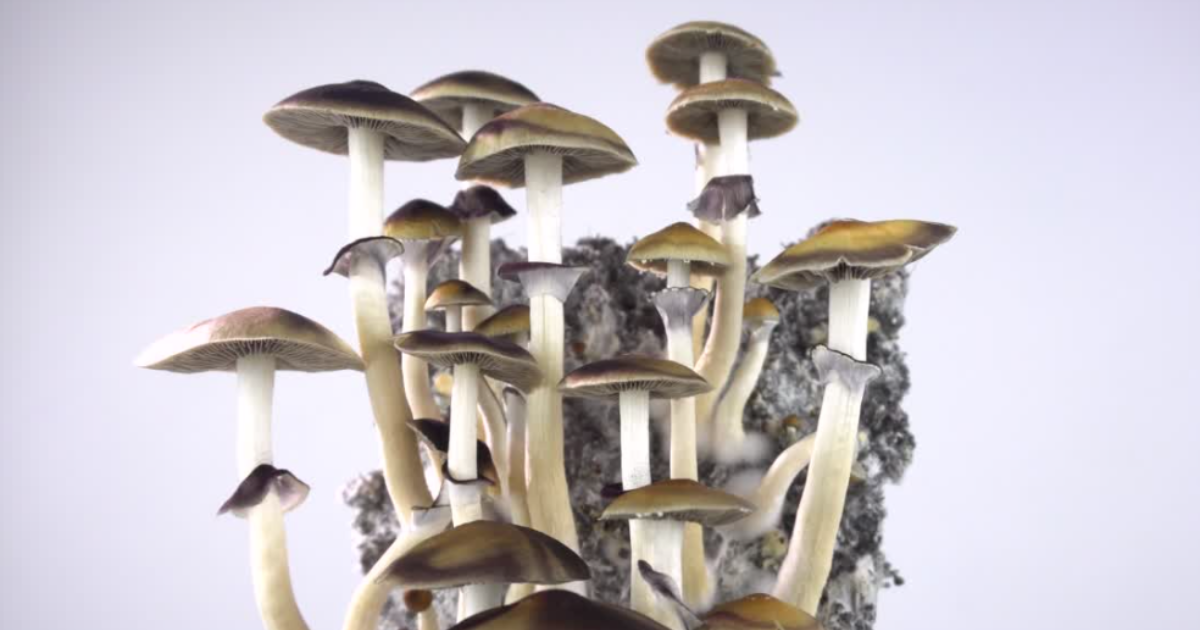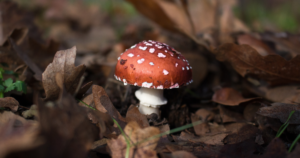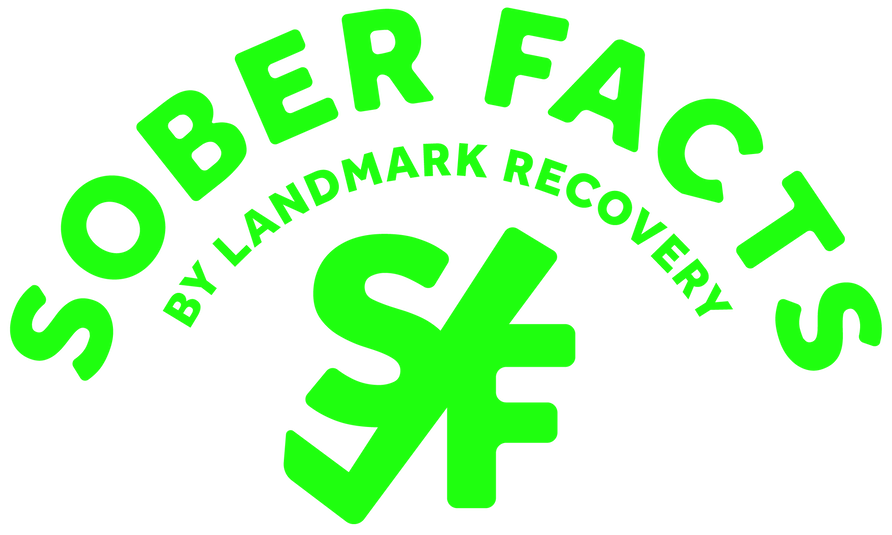Choosing recovery close to home means your support system is just a few miles away.
- 100% Confidential
- Available 24/7
- No Pressure to Commit
- Multiple Financial Options Available
Choosing recovery close to home means your support system is just a few miles away.

Sounds Like: sai.luh.sai.bn
Classification: Psychedelic
Controlled Substance Act Schedule: Schedule 1
Other names for Psilocybin

Psilocybin is a naturally occurring substance found in about 200 types of mushrooms. Like other psychedelic drugs, psilocybin triggers serotonin receptors in the brain, reducing the energy needed to switch between different activity states such as dreaming and wakefulness. The effects of magic mushrooms are usually felt between 20 minutes and two hours after ingestion. Psilocybin can alter a person’s thoughts, sense of time and emotions, often causing hallucinations and a distorted views. Many users report an inability to discern reality from fantasy. Effects typically last between three and six hours. Any use of the drug carries risk, including overdose.
Magic mushrooms are available fresh or dried and have long, slender stems topped with golden brown caps with dark gills on the underside. Other psilocybin mushrooms may have red caps with white spots, and appear as what many call “fairy tale” mushrooms. There are currently no medical uses of the drug.
Need help with Psilocybin or another drug addiction?
Call Landmark Recovery and speak with an admission specialist today.
Call NowWe're available 24/7 to help you find Recovery
Use of magic mushrooms, or psilocybin, can be traced to the native people of Mesoamerica. The drug was ingested for religious, divination and healing purposes. Scientists believe that psilocybin has been used since the dawn of early humans.
Magic mushrooms became a symbol of the counterculture movement in the United States and the United Kingdom during the 1960s. Psilocybin was federally banned in the U.S. in 1968. It was labeled a schedule 1 drug, along with marijuana and LSD in 1970.
Psilocybin mushrooms are most commonly eaten or ingested orally. The mushrooms can be eaten fresh, or dried. The substance can be brewed as a tea or added to other foods to mask their bitter flavor. Dried mushrooms can be smoked, and are often mixed with cannabis or tobacco. It can also be crushed into a powder and sniffed. Synthetic psilocybin usually comes in a pill.

Amanita muscaria, are red and white mushrooms that yield psychoactive properties.

There is no safe level of psilocybin. Many people who ingest magic mushrooms report unpleasant or intense hallucinations, anxiety and paranoia. Some people who use psilocybin frequently experience flashbacks from previous “trips.” These flashbacks and occur weeks or even years after the drug was last taken.
Some people claim that magic mushrooms, or psilocybin mushrooms, are not addictive. This is simply not true. Any substance can become addictive if it’s used repeatedly and a person starts to crave it. While psilocybin may not produce a physical dependence some users can develop a psychological dependence to it. Frequent users may believe they need continue taking psilocybin to maintain a sense of happiness or euphoria.
Anytime you can’t stop taking a substance is a clue that you are experiencing an addiction. If you’re experiencing flashbacks of previous “trips” this could be a sign that you have developed an addiction to psilocybin. Drugs that affect a person’s state of mind can produce different effects depending on how much is ingested, where you’re taking the drug and your mood.
Inability to stop taking psilocybin
Craving psilocybin
Prioritizing use of psilocybin over spending time with family or friends
Risking jail time in order to use the drug
Experiencing flashbacks
Feeling like you can't function without taking psilocybin
Denver, Colo. became the first U.S. city to decriminalize psilocybin in 2019.
Psilocybin may be used to treat depression, anxiety and other mental disorders.
There are over 200 species of psilocybin mushrooms.